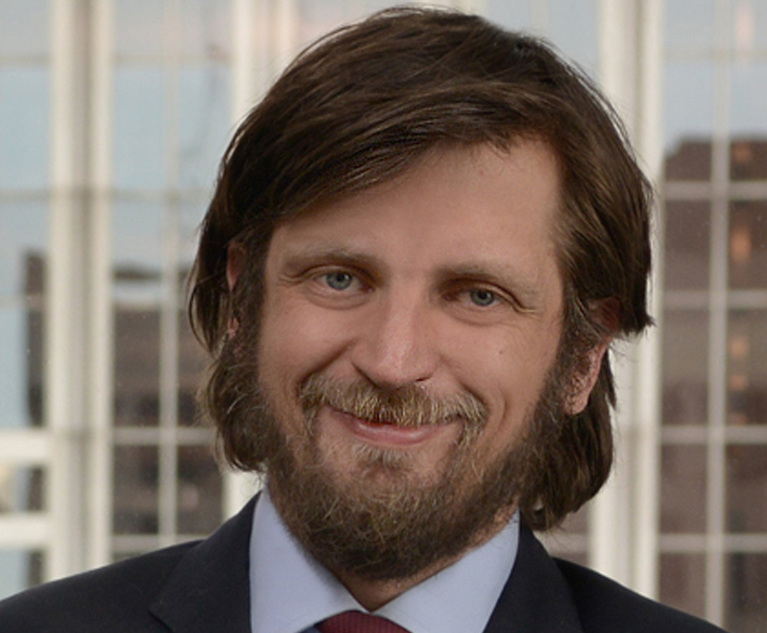The emergence of generative artificial intelligence (AI) has brought about a transformative shift in how technical knowledge is created, analyzed, and applied across a broad spectrum of fields. At the forefront of this transformation are large language models like ChatGPT, which demonstrate a remarkable ability to process and synthesize complex technical information. Trained on extensive corpora of scientific literature, patents, and engineering documentation, these systems attempt to replicate human-like understanding and suggest novel combinations and insights grounded in existing knowledge.
This growing technical competence invites a provocative and timely question: can generative AI effectively function as a person of ordinary skill in the art (POSITA)—the hypothetical construct central to key doctrines in U.S. patent law? This inquiry is especially relevant in light of legal standards articulated in KSR International v. Teleflex, 550 U.S. 398 (2007) and subsequent cases, which frame the POSITA as someone possessing not just technical knowledge, but also a degree of “ordinary creativity.”

